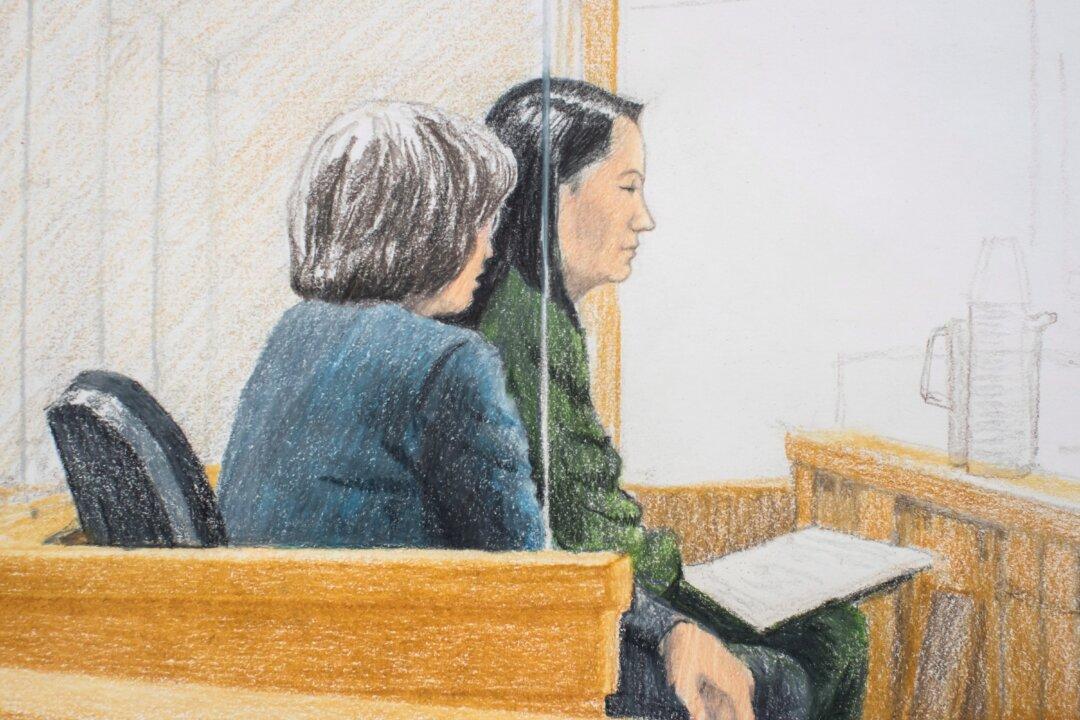In making their case that Huawei CFO Meng Wanzhou who was arrested on fraud charges in Vancouver should be denied bail, the U.S. prosecution said that she has access to “numerous passports and visa documents,” allowing her to flee with more ease.
According to the U.S. Justice Department and the United States Attorney’s Office in the Eastern District of New York, Meng has used seven passports from China and Hong Kong in the last 11 years to enter the United States. The passports include four issued by China, and three issued by Hong Kong.





